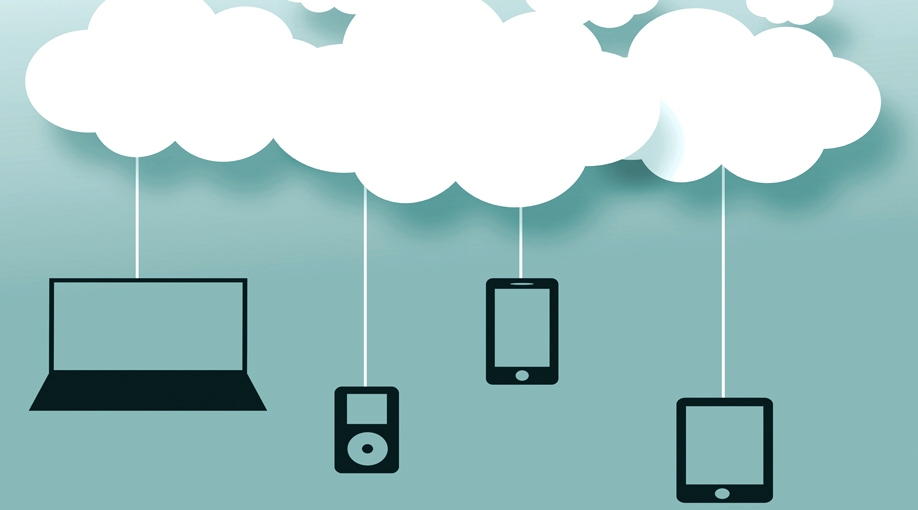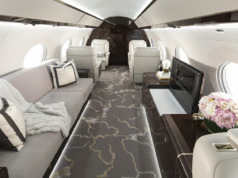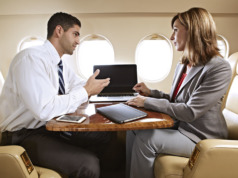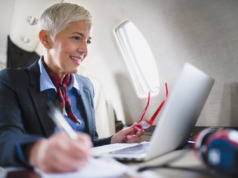With recent news stories about cyber hacking, breaches of data in Fortune 500 companies, and even the IRS, raising concerns about Internet safety inflight, Business Aviation Advisor interviewed a panel of four representatives from SmartSky Networks, Satcom Direct, Terracom Direct, and Pro Star Aviation, to find out what you need to know to keep your data private and safe.
- BAA: Is Internet/Wi-Fi/cell phone security portable? Is there a portable airborne security that travelers can take with them from aircraft to aircraft? Or are they dependent on the aircraft operator, be it charter, fractional, or other, to provide security?
- Panel: A number of factors, including the choice of Internet service provider for, and the equipment in, your aircraft, can affect your ability to use the Internet anywhere, including in the air.
- BAA: When an owner is equipping the aircraft with Wi-Fi communications capabilities, does the size of the “pipe,” in this case, the capacity of the data stream between aircraft and company server, play a role in enabling security?
- Panel: Yes, the bigger the pipe the more options are available to provide proper security.
- BAA: Our readers may be familiar with several of the names associated with onboard Internet connectivity: ViaSat, Gogo, Satcom Direct, Inmarsat/Swift Broadband, Iridium, Thuraya. How do these companies provide security?
- Panel: All aviation networks contain various levels of security encryption and authentication (passwords, security questions, CAPTCHAs, etc.), as well as network monitoring and packet filtering, to flag or automatically delete malware, spyware, viruses, and other threats that might compromise security. To meet their individual needs, owners can select from among the multiple levels and types of security offered by different companies to be implemented on their aircraft.
- BAA: Do the same rules apply to air-to-air and ground-to-air communications?
- Panel: Yes, the same rules apply when talking about endpoint security (security at a particular land location/IP address).
- BAA: Many readers sometimes or always fly charter or use fractional fleet aircraft. How can they ensure that their online communications are secure?
- Panel: That’s an excellent question. Right now, to the best of our knowledge, because those passengers may not be connected to their own VPN, there is no way to be absolutely certain that their online communications are completely safe while aboard the aircraft. However there are services that these providers offer to improve airborne security (such as SkyShield from Satcom Direct).
- BAA: Most readers’ IT departments take care of ensuring the security of data, email, and voice transmissions by creating an encrypted Virtual Private Network (VPN). Do these same measures (VPN, firewalls, Norton, MacAfee, Kapersky, etc.) work when the owner is eight miles high, and the signal has bounced from aircraft sender to recipient via multiple ground or space-based relays? If not, what does work?
- Panel: The security tools used to protect the devices on the ground need to be able to function the same way in the sky. For example, when a new “exploit” (unwanted Internet intrusion) is discovered, security vendors will automatically send a suggestion or requirement for an upgrade to all the client devices, including the aircraft, to maintain protection. One potential risk is an owner or passenger browsing a compromised website, thus becoming infected with malware.
- BAA: What can aircraft owners do to prevent this security risk?
- Panel: Security tools should be installed at the network level as well as at the client level. Since it may not be feasible to install those tools on the aircraft, this should be done on the ground. Your aircraft serves as an extension of your office and the corporate network and should be secured as such.
The security of airborne networks is very similar to the security of ground-based networks. Because a connection is only as strong as its weakest link, if you’re secure coming out of your base station, and flying aboard your own aircraft, you should be secure in the air. BAA
Business Aviation Advisor's content is presented by experts in all aspects of aircraft management: professionals knowledgeable in operations, legal and regulatory issues, insurance, aircraft finance, human resources, aviation real estate, charter and charter brokers, safety management providers and auditors, and third-party as well as owner aircraft management. These authorities provide Business Aviation Advisor readers with the most current and pertinent information they need to make the most effective and informed decisions about their business aviation investments.





